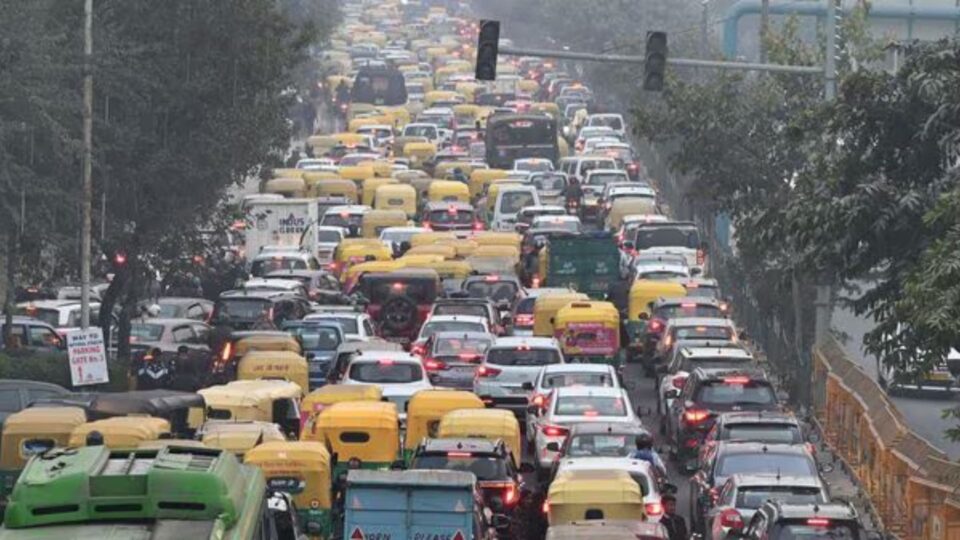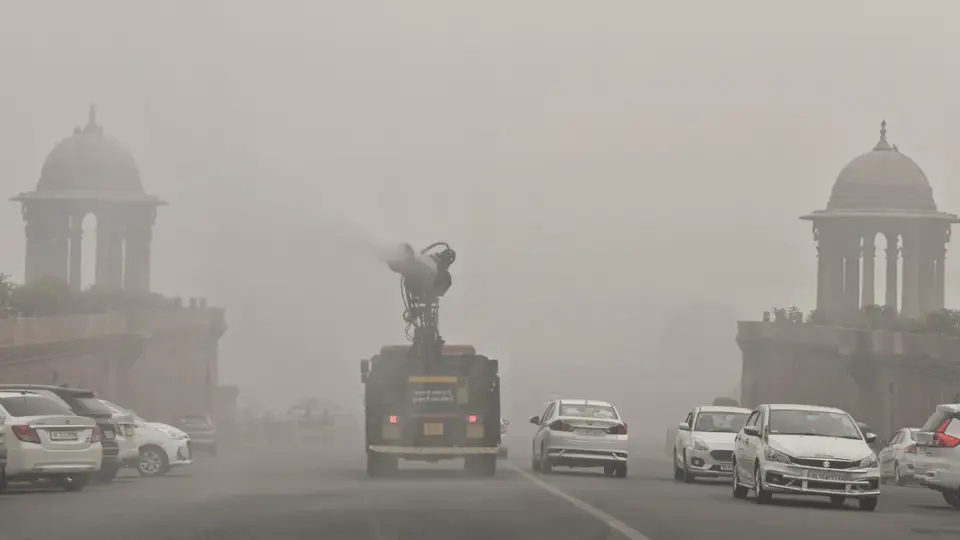
BS3, BS4 Petrol Cars Get Conditional Green Light in Delhi
Under Stages III and IV of the Graded Response Action Plan (GRAP), the Commission for Air Quality Management (CAQM) has declared an exception for people with disabilities (PwDs). As long as their specially modified cars are used exclusively for personal purposes, PwDs will now be permitted to drive them, even if they are classified as restricted BS-IV diesel or BS-III gasoline.
Delhi Pollution: BS III, BS IV Vehicle Ban
This ruling coincides with a larger campaign in the Delhi-NCR area to target older and more polluting automobiles. As part of efforts to reduce car emissions, a major factor in Delhi’s declining air quality, BS-III gasoline and BS-IV diesel vehicles are still prohibited for the general public. Section 194(1) of the Motor Vehicles Act, 1988, stipulates that violators of these limits may be fined up to Rs 20,000.
In its own opinion, the Supreme Court has mandated that GRAP’s Stage IV provisions be in place until at least December 2. Schools, however, are not subject to these limitations. Authorities have stepped up their attempts to enforce environmental standards in the meantime.
More than 2.7 lakh challans for Pollution Under Control (PUC) infractions were issued this year alone, the most in three years. Furthermore, between October 1 and November 15, the Delhi Transport Department seized 2,234 overage cars, including approximately 2,000 gasoline vehicles that were older than 15 and 260 diesel vehicles that were older than 10.
Vehicles powered by electricity and CNG are unaffected by the prohibitions, demonstrating the city’s commitment to greener options. As long as they meet the required Bharat Stage pollution requirements, gasoline-powered cars under the age of 15 and diesel-powered vehicles under the age of 10 are also permitted to operate.



